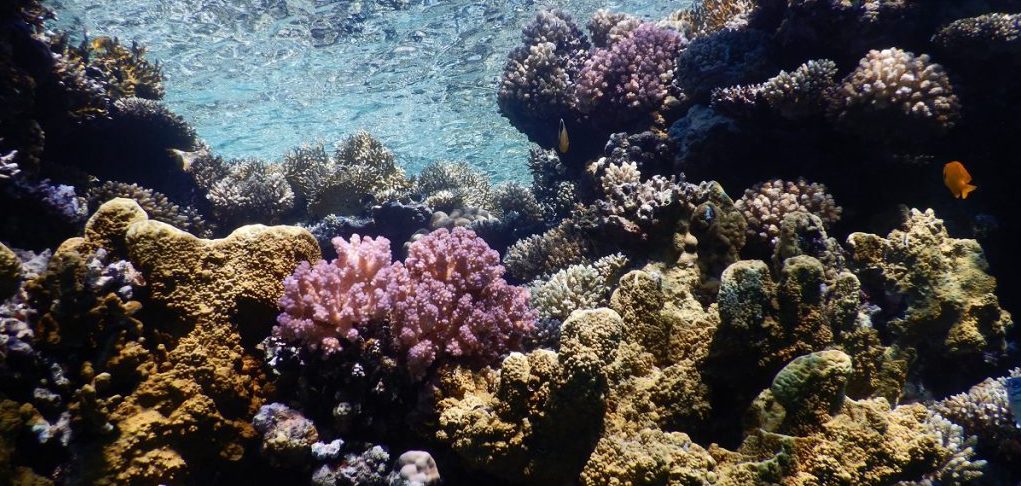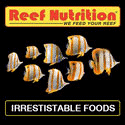By Anjali Berdia, NoCamels
This article was re-published with permission from NoCamels.com – Israeli Innovation News.
“The northern Red Sea between Africa and Asia has acted as a “thermal refugia” that protects marine life from imminent destruction, showing resistance to rising temperatures and stress induced by global warming. The phenomenon has piqued the interest of regional researchers – led by Israel – who are partnering for a unique trans-national collaboration on the study, monitoring, and protection of the Red Sea coral reef ecosystems.

Photo by Professor Maoz Fine
Dubbed the Red Sea Transnational Research Center, it will include partners from Saudi Arabia, Egypt, Jordan, Eritrea, Sudan, Yemen, and Djibouti. Since Israel does not have formal ties with a majority of these countries – save Jordan and Egypt with which it has peace treaties – the center will be led by Switzerland’s Ecole Polytechnique Fédérale de Lausanne (EPFL). The research partnership is the brainchild of Professor Maoz Fine, a marine biologist from the Mina and Everard Goodman Faculty of Life Sciences at Bar-Ilan University. Prof. Fine believes that the idea of collaboration between these historically adverse nations through science is what motivated the Swiss government to participate, highlighting the idea of “diplomacy for science, and science for diplomacy.”
The center will unite scientists from a wide range of disciplines including oceanography, biology, genetics, ecology, geology, nature conservancy, civil and environmental engineering, the university said, and will make direct use of already existing research platforms such as the Inter-University Institute for Marine Sciences in Eilat and the Jordanian Marine Station in the Gulf of Aqaba. [Together, they] cwill monitor and protect the unique ecosystems through research into their health and biodiversity, and create a platform for research on the environmental impact of socio-economic developments along the shores of the Red Sea such as agriculture, urbanization, coastal infrastructure, fishing, and industrialization.
Independent studies by scientists including Prof. Fine and his colleagues, Profs. Anders Meibom, Dan Barshis, Chris Voolstra, have found that the coral reefs in the Red Sea are the most likely to survive rising water temperatures due to their unique geological settings and environmental history. This phenomenon is due mostly to the fact that the coral in the northern Red Sea evolved to adapt to drastic temperature changes, as it had to first settle in the very hot southern part of the Red Sea before drifting north into cooler regions. Most coral reefs around the world will experience bleaching with a sea temperature change of between 1-2 degrees, but the coral reefs in the Red Sea have had to adapt to withstand a temperature change of about six degrees, Prof. Fine explains. Research on northern Red Sea coral reefs could potentially benefit coral reefs worldwide. If scientists can understand and pinpoint which genes were selected to allow the coral to adapt, they may be able to help facilitate the revival of coral in other regions.”
To continue reading this article on NoCamels.com, click here










0 Comments